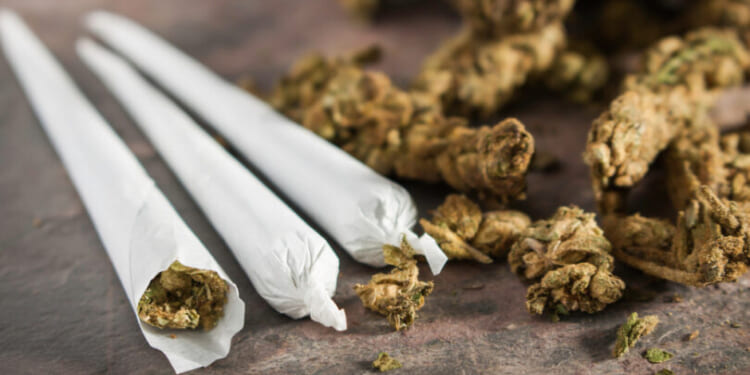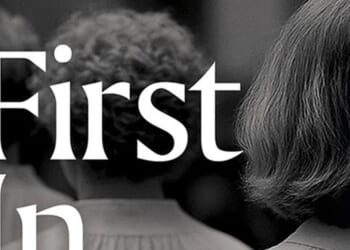(LifeSiteNews) — According to a study published in Nature Communications, women who consume cannabis may suffer adverse fertility issues.
“THC exposure seems to impact critical transcripts involved in key oocyte maturation processes, fertilization, early embryo development and implantation,” the report found.
THC, also known as tetrahydrocannabinol, is the psychoactive component of cannabis, or marijuana. The study recalled that the concentration of THC in marijuana has increased from around 3% in the 1980s to nearly 30% in the 2020s, making it far more potent, and dangerous, than in past decades.
Dr. Cyntia Duval, PhD is the director of Translational Research at CReATe Fertility Centre, which is affiliated with the University of Toronto. The clinic specializes in in-vitro fertilization (IVF) and human reproductive studies. She and her five co-authors released their findings on September 9. During an interview with Medscape Medical News, she said that her report should be seen as “a word of caution.”
“If you’re trying to conceive, and especially if you are an IVF patient, if you consume cannabis, you might reduce the number of embryos that will be transferable,” she warned. “Higher concentrations of THC were associated with more mature oocytes, ready to be fertilized. So, there were more mature oocytes, but also fewer embryos with the right number of chromosomes.”
IVF is gravely unethical, as the Catholic Church teaches, because it separates sexuality from procreation and destroys human embryos.
In August, President Donald Trump announced he was considering changing marijuana from its current classification as a Schedule I drug (which places it alongside hardcore addictive narcotics such as heroin), to the far milder Schedule III (which would put it alongside legal drugs that can be misused, such as Tylenol with codeine).
Dozens of states have decriminalized marijuana over the last two decades for both medicinal and recreational use. It is estimated that the cannabis industry exploded to over $38 billion in 2024, with further predictions of growth to more than $70 billion by 2030.
Nearly 50 socially conservative organizations joined forces to urge Trump to not go through with his plans. CatholicVote.org, Family Research Council, the National Narcotic Officers’ Associations’ Coalition, the Drug Enforcement Association of Federal Narcotics Agents, the American Principles Project, and others were among those who voiced opposition.
“You have an opportunity to make a stand for the safety of children across America by opposing the flawed proposal to reschedule marijuana,” they said in a joint letter.
Reclassifying marijuana “would result in serious harm to public health and safety, with a particular emphasis on the welfare of children.”
Medscape Medical News also spoke with Beth Taylor, MD, reproductive endocrinologist and IVF specialist at Olive Fertility Centre, about Duval’s findings.
“This is an important study, as it clarifies the mechanism by which THC is harmful to female fertility,” she remarked. “When patients understand there is a known mechanism of harm from an exposure, they are more likely to avoid the exposure. This information is important to give to our patients so they can make informed decisions about their reproductive health.”
Dozens of studies have found a link between marijuana use and psychosis and schizophrenia, particularly when used in one’s teens or early 20s while the brain is still developing. States that have legalized marijuana have also seen increased deaths from traffic accidents.
Trump had a mixed record on marijuana in his first term, expressing openness to some reforms yet repeating some Obama-era policies that were supportive of medical marijuana. Last year, he endorsed a failed amendment to decriminalize recreational pot in Florida after meeting with Kim Rivers, a major legalization donor and CEO of cannabis company Trulieve.

















